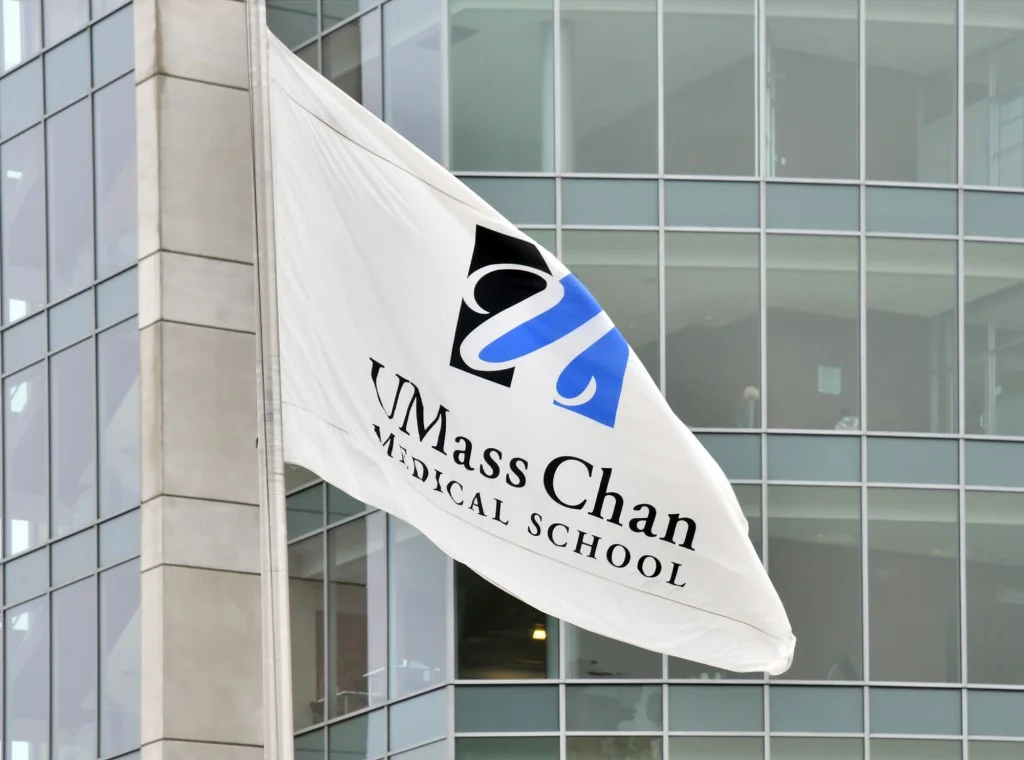
Is the Future of Science Endangered in Massachusetts?
In a troubling turn of events for the academic and healthcare landscape in Massachusetts, Governor Maura Healey has raised alarms about the detrimental impacts of President Donald Trump’s hostile policies toward prominent educational institutions like Harvard University and UMass Chan Medical School. This recent confrontation over federal funding is poised to have profound implications not just for local universities, but for the very fabric of American science and innovation.
During a stark interview on CBS's Face the Nation, Healey articulated her concerns that the President's actions are "bad for science" and threaten to undermine American competitiveness. She highlighted the alarming trend of researchers departing the U.S. for more supportive environments abroad, declaring that America’s "intellectual assets are being given away." This sentiment comes on the heels of Trump's recent decision to cut billions in federal funds to Harvard, citing the university's alleged refusal to comply with administration demands.
Healey painted a grim picture of the repercussions of these cuts: layoffs at research institutions, dwindling hospital funding, and a halt on crucial clinical trials. A recent example can be seen in UMass Chan Medical School, which has laid off or furloughed around 200 employees due to a significant funding shortfall and uncertainty surrounding the National Institutes of Health (NIH) grants. The medical school lamented a projected $30 million loss from NIH funding, prompting drastic measures including a hiring freeze and reductions in incoming classes.

Chancellor Michael Collins stressed the importance of research funding in addressing some of humanity’s most pressing challenges. "Research brings hope to the human condition, and it is shocking to an academic community like ours that research would be attacked," he remarked. Healey's visit to the campus highlighted not only the immediate operational challenges but also the long-term implications of Trump's administration on groundbreaking projects in gene therapy, rare diseases, and more.
Furthermore, the broader implications of these funding cuts cannot be overstated. Experts like former Columbia University president Lee Bollinger have denounced the administration's approach as an affront to first amendment rights, drawing attention to what they consider an alarming "weaponization of government power" against academic freedom. The intimidation tactics employed by the Trump administration have already forced institutions like Columbia to concede to demands, illustrating a concerning precedent that may have lasting effects on educational integrity.
As UMass Chan navigates this perilous funding landscape, Healey's message resonates louder than ever: "What Donald Trump is doing is essentially inviting other countries, like China, to take our scientists and researchers." The cuts represent more than fiscal matters—they signify a potential erasure of America’s leadership in global scientific innovation.
In conclusion, the unfolding crisis surrounding funding cuts in Massachusetts raises urgent questions about the future of research, healthcare, and educational integrity. Will other institutions follow in UMass Chan’s footsteps, or will local leaders find ways to combat these federal policies? The time for dialogue is now—what are your thoughts on the implications of these funding cuts? We invite you to share your comments and insights below.